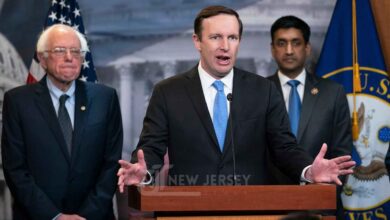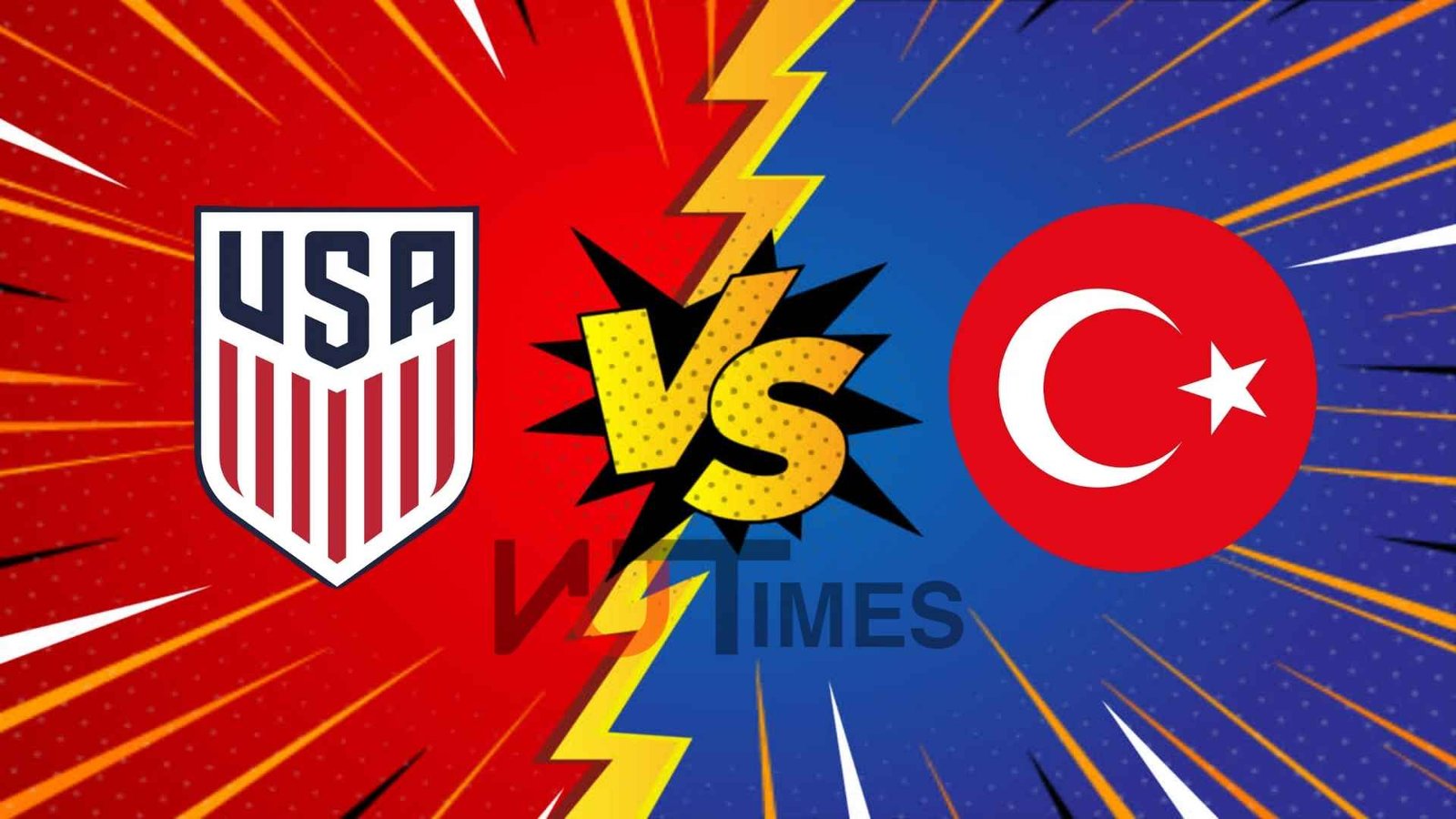Japan Edges Closer to U.S. Tariff Breakthrough Ahead of Crucial G7 Showdown

Japan U.S. tariff talks appear to be inching toward resolution as Tokyo’s chief negotiator Ryosei Akazawa signaled tentative progress in a crucial fifth round of discussions with Washington—yet the threat of steep new tariffs continues to cast a long shadow over Japan’s export-driven economy.
Akazawa Flags ‘Some Progress’ but Offers No Details
Ryosei Akazawa, Japan’s chief negotiator on tariff issues, emerged from a tense fifth round of discussions in Washington on Friday with cautious optimism. Addressing reporters following meetings with U.S. Treasury Secretary Scott Bessent and Commerce Secretary Howard Lutnick, Akazawa revealed that “some progress” had been made—but declined to elaborate further.
The talks come at a precarious moment. Japanese exports remain shackled by a punishing regime of U.S. tariffs—some as high as 50%—on automobiles, auto parts, steel, and aluminum. These, coupled with a general 10% tariff, are “causing daily losses to Japan’s economy,” Akazawa warned bluntly.
July Tariff Deadline Piles Pressure on Tokyo
What adds urgency is the looming deadline: starting in July, a new 24% tariff is set to hit unless Tokyo can secure a deal. The G7 leaders summit, kicking off June 15, may now serve as a last-ditch diplomatic platform.
Both U.S. President Donald Trump and Japanese Prime Minister Shigeru Ishiba are expected to attend. Japanese officials are reportedly pushing for the two leaders to meet on the sidelines, hoping to present tangible progress—or better yet, an early breakthrough.
“We want an agreement as soon as possible,” Akazawa said, adding, “Still we must balance urgency with a need to guard our national interests.”
Strategic Bargains: Defence, Autos, and Agriculture in Play
In an effort to sweeten the deal, Tokyo is believed to be preparing an expansive set of trade concessions. Last month, Japanese officials suggested that Washington’s longstanding defence partnerships and shipbuilding tech collaborations with Japan could be turned into bargaining assets. A review of auto import standards—long a thorn in the bilateral relationship—is also under consideration.
Meanwhile, agricultural imports from the U.S. are emerging as another likely concession, aimed at winning political goodwill in key American farming states.
A fresh twist surfaced on Friday via the Asahi newspaper, which reported that Japan is proposing a sliding-scale mechanism to reduce auto tariffs based on how much foreign countries contribute to the U.S. auto industry. The proposal, if accepted, could introduce a performance-based formula into an arena long dominated by static tariffs and deadlocked negotiations.
Stance Unchanged: Tariffs ‘Not Acceptable’
Despite the possible olive branches, Akazawa reiterated Tokyo’s non-negotiable red line. “Japan’s position has not changed,” he asserted. “These tariffs are not acceptable.”
Whether that firmness serves as a deal-breaker or a negotiating tactic remains to be seen. What’s clear is that Japan is navigating an extremely narrow diplomatic path—one that must reconcile domestic industry pressures with the strategic calculus of managing relations with an unpredictable Washington.
As the G7 summit draws near, Japan’s economic diplomacy is entering its most decisive phase in years. The coming week could determine not just the fate of billions in trade, but also the tenor of U.S.-Japan relations for the foreseeable future.
Credit: CNBC
New Jersey Times Is Your Source: The Latest In Politics, Entertainment, Lifestyle, Breaking News, And Other News. Please Follow Us On Facebook, Instagram, And Twitter To Receive Instantaneous Updates. Also Do Checkout Our Telegram Channel @Njtdotcom For Latest Updates.
A former college-level cricketer and lifelong sports enthusiast, Arun Upadhayay brings the heart of an athlete to the sharp eye of a journalist. With firsthand experience in competitive sports and a deep understanding of team dynamics, Arun covers everything from grassroots tournaments to high-stakes international showdowns. His reporting blends field-level grit with analytical precision, making him a trusted voice for sports fans across New Jersey and beyond.
- Arun Upadhayay
- Arun Upadhayay
- Arun Upadhayay
- Arun Upadhayay
- Arun Upadhayay
- Arun Upadhayay
- Arun Upadhayay
- Arun Upadhayay
- Arun Upadhayay
- Arun Upadhayay
- Arun Upadhayay
- Arun Upadhayay
- Arun Upadhayay








